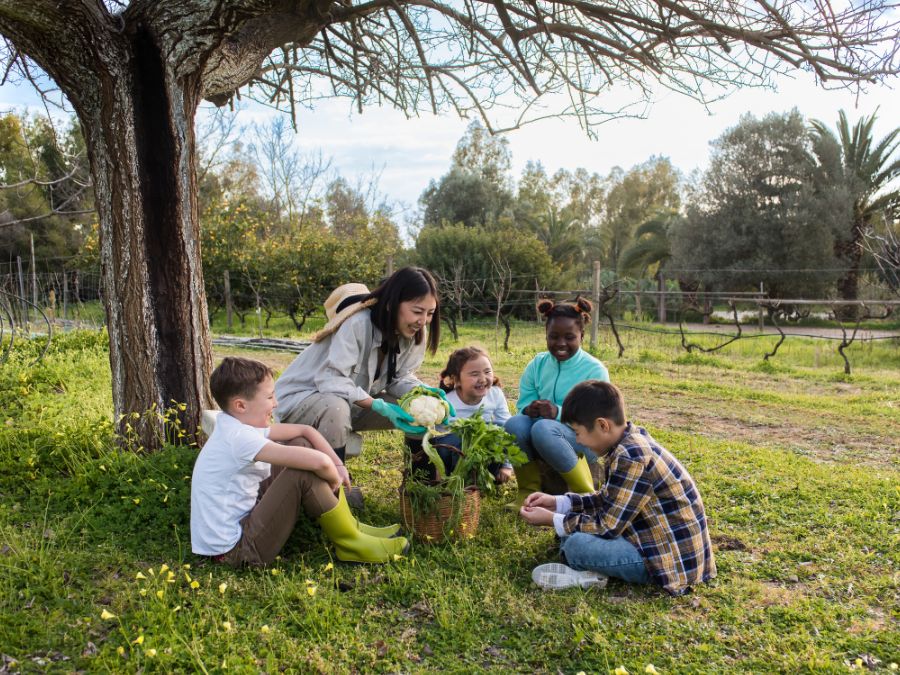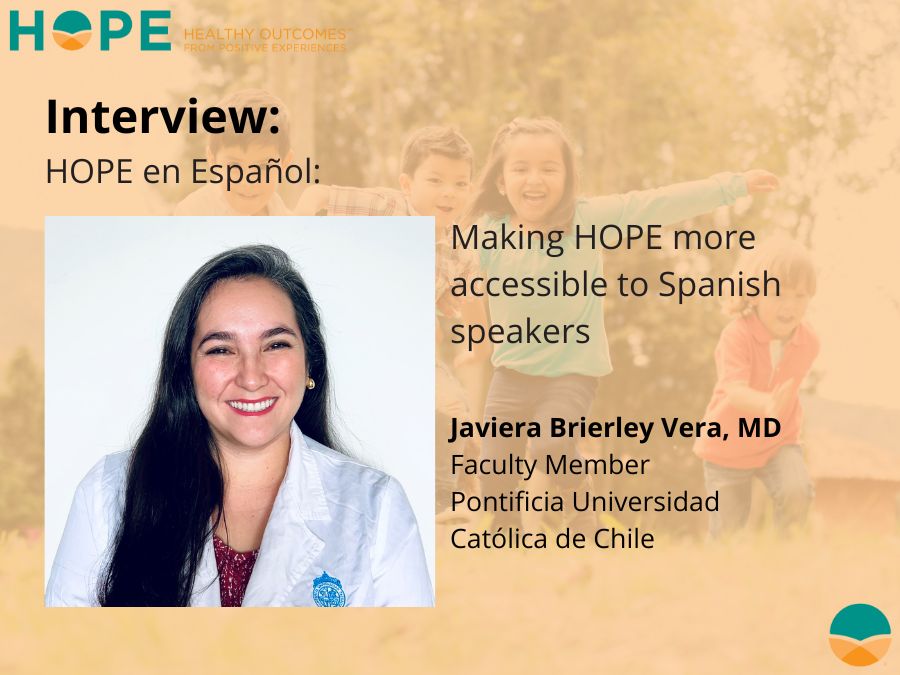
Get help making HOPE-informed decisions
The HOPE National Resource Center offers a resource to help organizations as they consider policy changes, the creation of new tools, or other organizational changes. The HOPE decision making checklist helps organizations as they implement HOPE-informed care. Policies effect people, both organizational staff and the individual child and family participants. A checklist can help guide these decisions as organizations incorporate the positive into the everyday workflow.
Shifting to becoming HOPE-informed and prioritizing the use of positive childhood experiences (PCEs) takes a lot of intentional changes. This checklist also shares what is important to do – and what is important NOT to do – while making decisions about these changes.
When making changes to our organizations, we need to understand how an adverse-only lens has affected our language, biases, and how labels are created for people. In many organizations, we have seen a collective sigh of relief as practices move away from a primary focus on deficits – which implicitly convey judgement. HOPE-informed practices create a space where the positive can be seen, honored, celebrated, and foster respectful relationships that allow for meaningful discussion and collaborative goal-setting.
In summary – children and families are more than the adverse experiences they have been through. When we include PCEs as a priority, we are showing children and families that we see them as the whole person they are. With this resource you can gain guidance through the decision making process to create meaningful transformations towards a HOPE-informed practice and organization.


